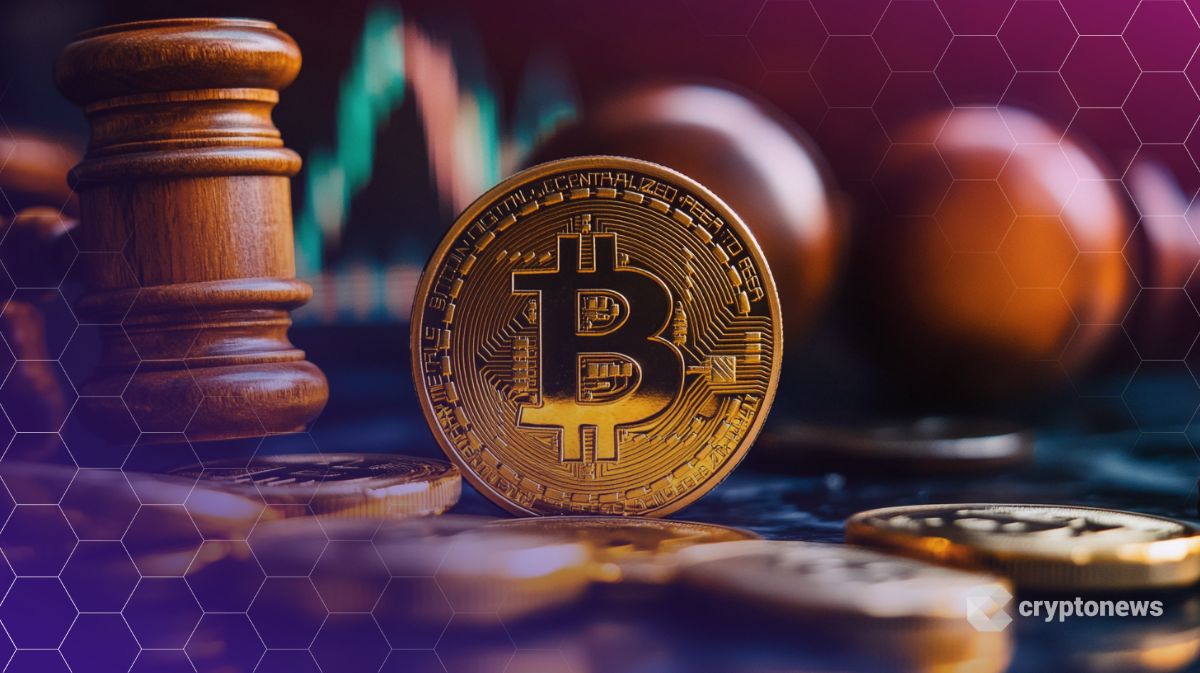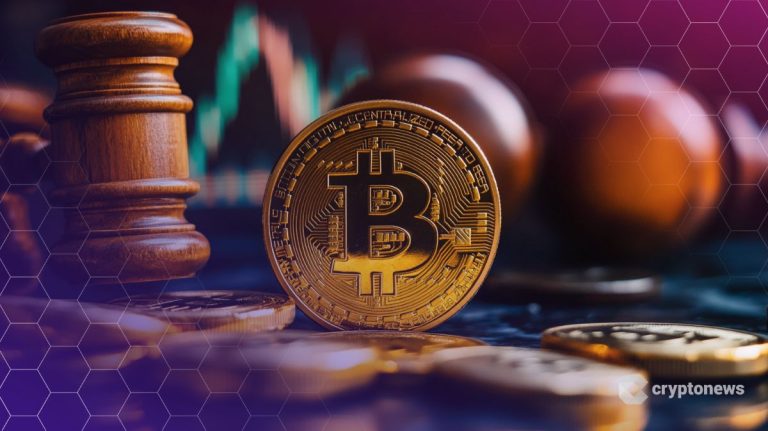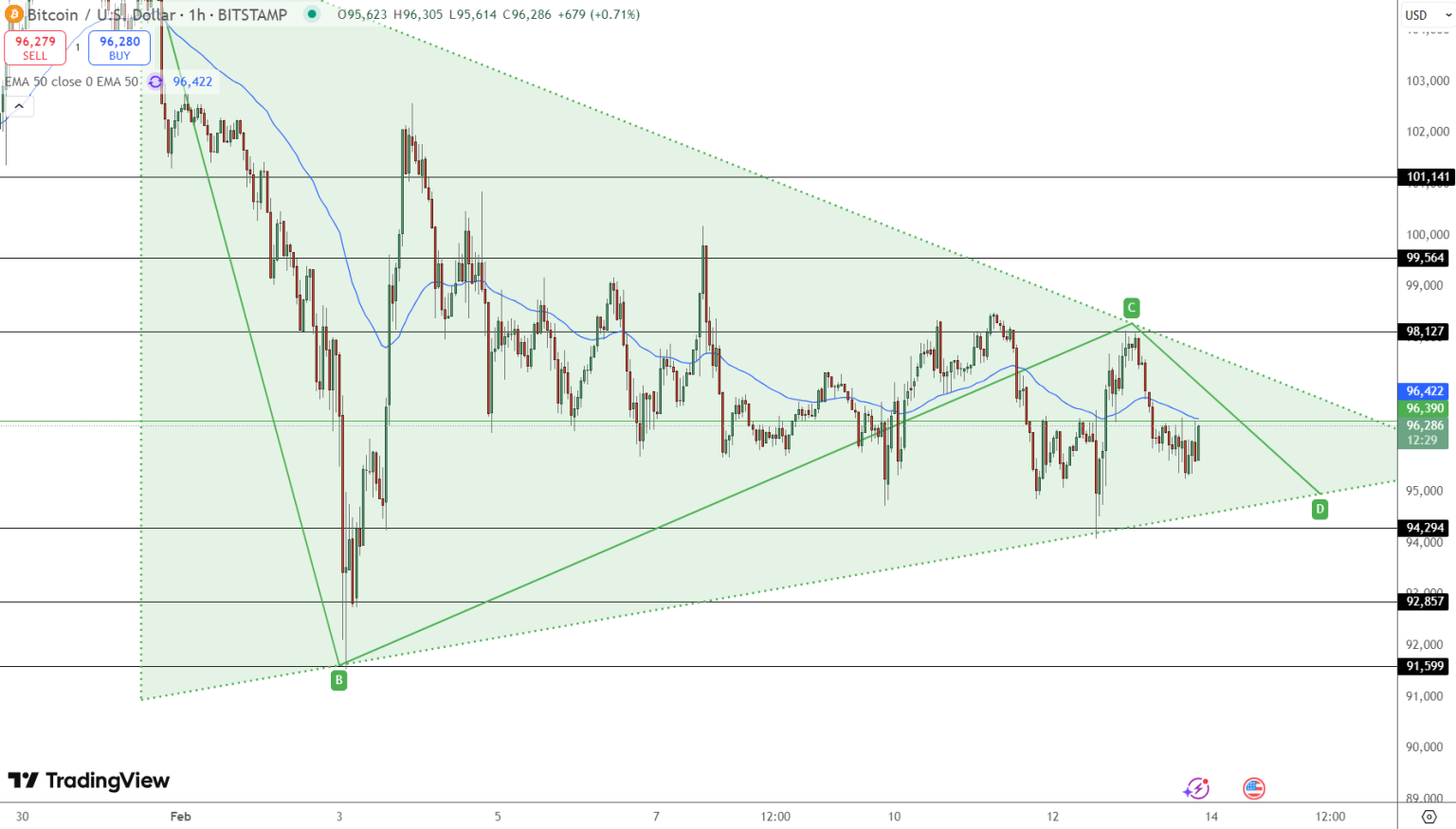Last updated:
 Why Trust Cryptonews
Why Trust Cryptonews

Brazil’s Superior Court of Justice has ruled that judges can now authorize the seizure of cryptocurrency assets from individuals who have defaulted on their financial obligations.
The decision reflects the country’s growing acceptance of digital assets as legitimate financial instruments.
The unanimous ruling, delivered by the court’s Third Panel, allows judges to notify cryptocurrency exchanges of their intent to confiscate a debtor’s holdings in order to repay outstanding debts.
Brazil Court Grants Crypto Same Legal Status as Bank Accounts in Debt Cases
The move brings crypto assets under the same legal treatment as traditional bank accounts, which courts in Brazil can already freeze or seize without prior notice to the account holder.
“Although they are not legal tender, crypto assets can be used as a form of payment and as a store of value,” stated a translated excerpt from the court’s official memo.
The ruling emerged from a specific case presented by a creditor, and was supported by all five judges on the panel.
Minister Ricardo Villas Bôas Cueva, one of the panel members, acknowledged that while Brazil still lacks comprehensive regulations governing cryptocurrencies, several legislative proposals have already defined crypto as a “digital representation of value.”
Crypto usage has been rising steadily in Brazil. According to an October report by Chainalysis, Brazil ranks second in Latin America for total crypto value received—a key indicator of adoption.
Earlier this year, Binance secured approval to operate in Brazil after acquiring a São Paulo-based investment firm, a move signaling greater institutional interest in the market.
Despite progress, regulatory developments remain mixed.
In December, Brazil’s central bank proposed restrictions on stablecoin usage in self-custodial wallets, sparking concerns among users who rely on dollar-pegged tokens to protect against the devaluation of the Brazilian real.
Brazil Warming Towards Digital Assets
Brazil has been moving toward digital assets and innovative technologies like blockchain.
In 2023, the country announced it is set to issue digital identification documents for its more than 214 million citizens using blockchain technology.
The decision to leverage blockchain technology for digital identity stems from its inherent properties of immutability and decentralization.
In addition to the digital identity project, Brazil is also making strides in the development of a central bank digital currency (CBDC).
In August, the government provided more details about the project, which has been rebranded as Drex.
The CBDC aims to expand business access to capital through a tokenization system associated with the Drex.
More recently, the central bank of Brazil vowed to tighten rules and strengthen its oversight of crypto platforms amid growing crypto adoption in the country.




